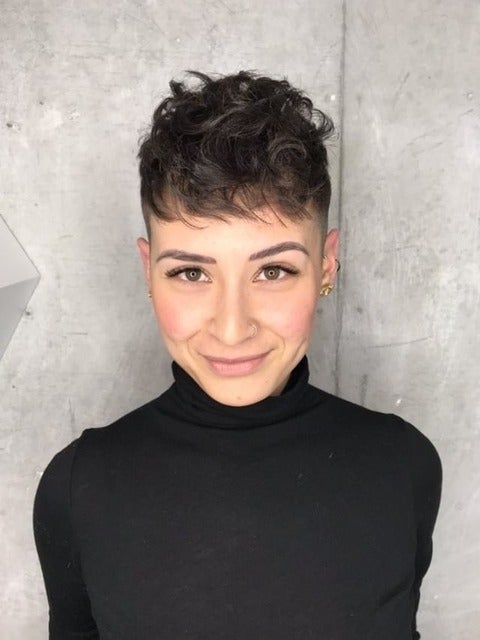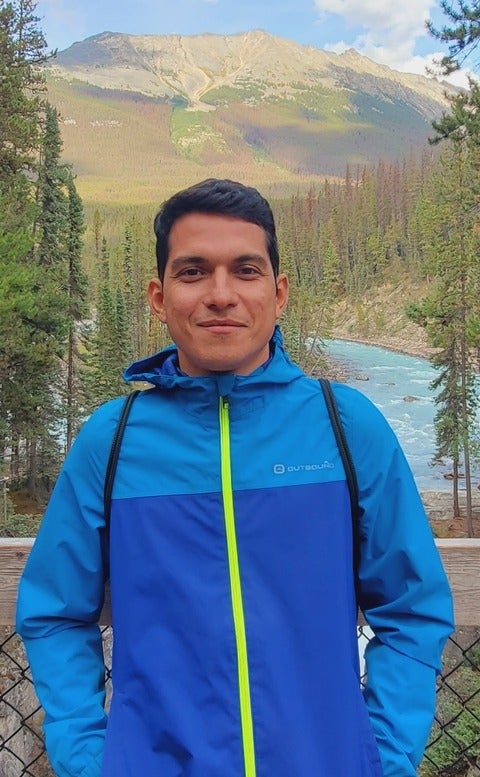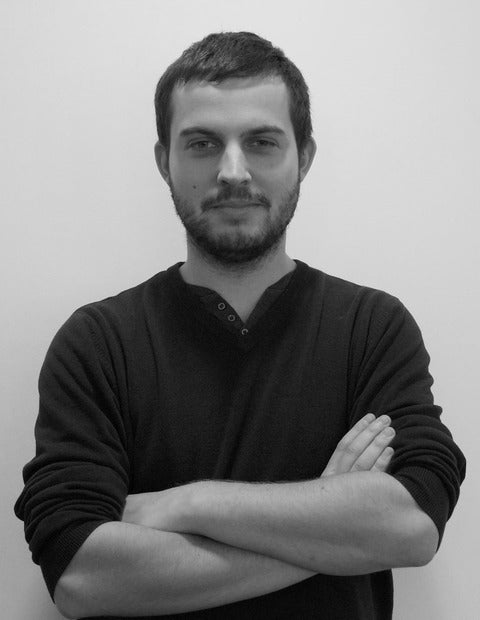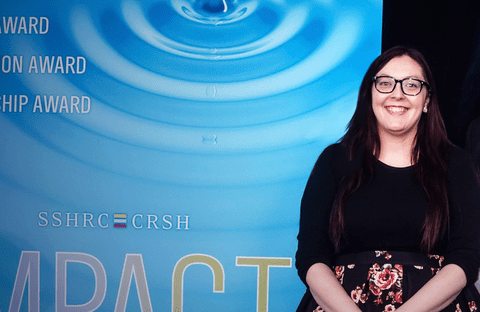Games Institute Seed Grant interdiscipinary cross campus collaborations
The Games Institute (GI) is pleased to announce the recipients of its first-ever seed grant funding competition. In total, the GI Seed Program will support eight interdisciplinary initiatives for a total of $110,000 over the next year. The competition promoted interdisciplinary collaborations in teams of researchers spanning many different disciplines and research areas.
The seed grant recipients will combine their varied expertise to tackle real-world problems facing indigenous communities, health care workers, children with speech difficulties, mothers facing homelessness, citizen scientists, and VR, XR and social media consumers.





